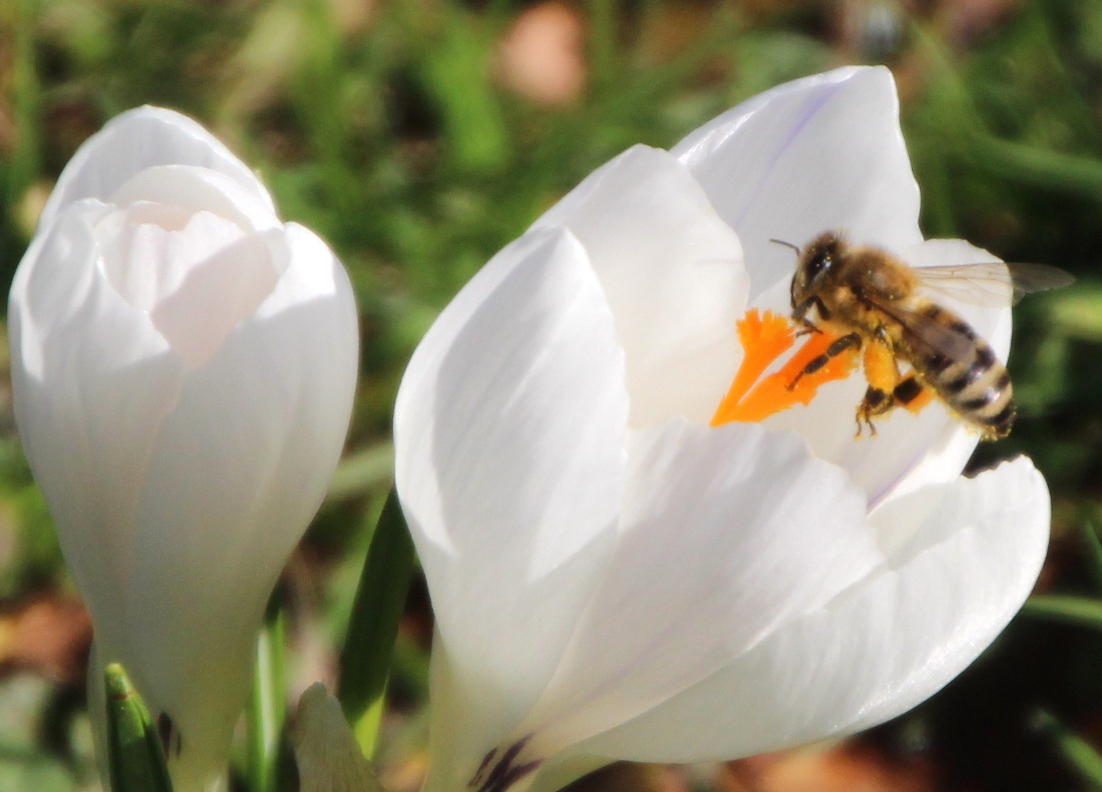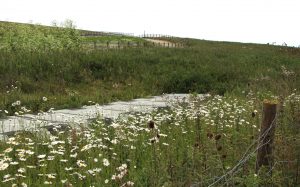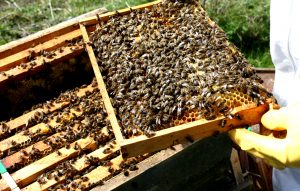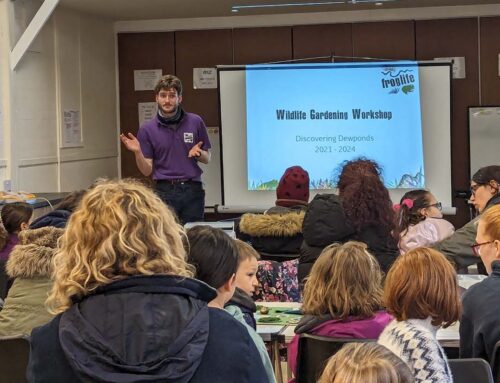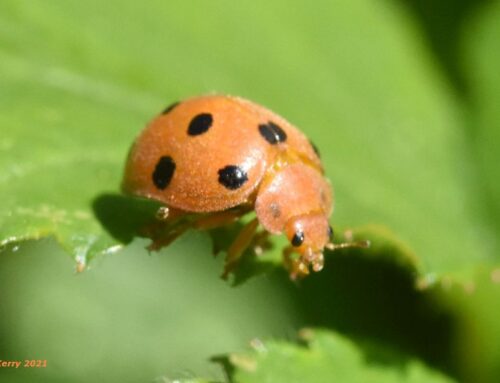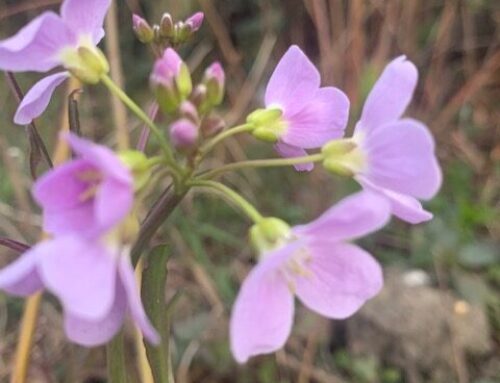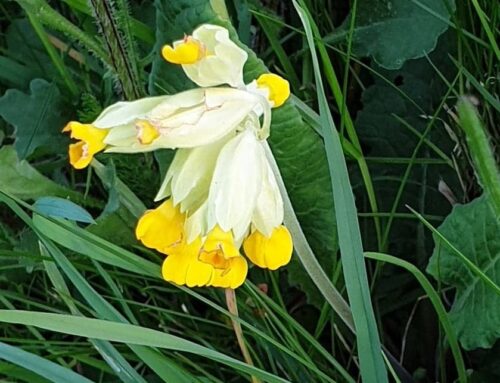Bee round up
We hope you have enjoyed our Beesneeds week!
We thought we would recap on the messages from the week
To help bees, don’t forget to:
Grow more flowers, shrubs and trees
Let your garden grow wild
Cut your grass less often
Don’t disturb insect nest and hibernation spots
Think carefully about whether to use pesticides
Learning more
If you’d like to learn more, there is lots of information on the Bumblebee Trust website, including lots of activities and games for children.
Children may also enjoy watching the film “the Bee Movie” which really brings the message home, just how important bees are to the world!
Pesticides/herbicides
Talking of rounding up “Roundup” and other glyphosate herbicides were recently in the news. After a court case in America showing a link to cancer, councils from Wirral to Norwich are looking to phase out the use of chemical weedkillers on playgrounds, parks and pavements.
This can only be a good thing for our bees who are already threatened. Glyphosate kills weeds which are an important source of nectar and pollen for pollinators. Weeds also provide variety in the diet of bees. For this reason, farmers have long been urged to retain areas of natural vegetation on the edges of crops.
There may also be other implications on our bee populations as this article shows
Last year EU countries voted for a near-total ban on insecticides, blamed for killing off bee populations, in what campaigners called a “beacon of hope” for the winged insects. The ban was on three neonicotinoid pesticides after the European food safety agency said in February that most uses of the chemicals posed a risk to honey bees and wild bees.
As you may know , Lewes Town is now pesticide free and LDC have plans to roll that out in phases across the district so really positive steps happening towards a glyphosate free future.
Honey bees
What else can you do for bees? If you were at the Greenhavens AGM, you may have spotted the bee hives at South Downs YHA at Southease. The bees are managed in partnership with Brighton and Lewes Beekeepers. If you would like to keep bees, it’s best to get in touch with your local beekeeping organisation for advice and support.
Wildflower meadows at YHA South Downs
Did you know, that if you have hayfever, it may help to eat honey that was made locally, from local flowers? Anyway it’s a good excuse to eat some honey (and buy local!)
Do keep sharing your bee stories and photos in our facebook group
Have a great weekend and BEE happy



